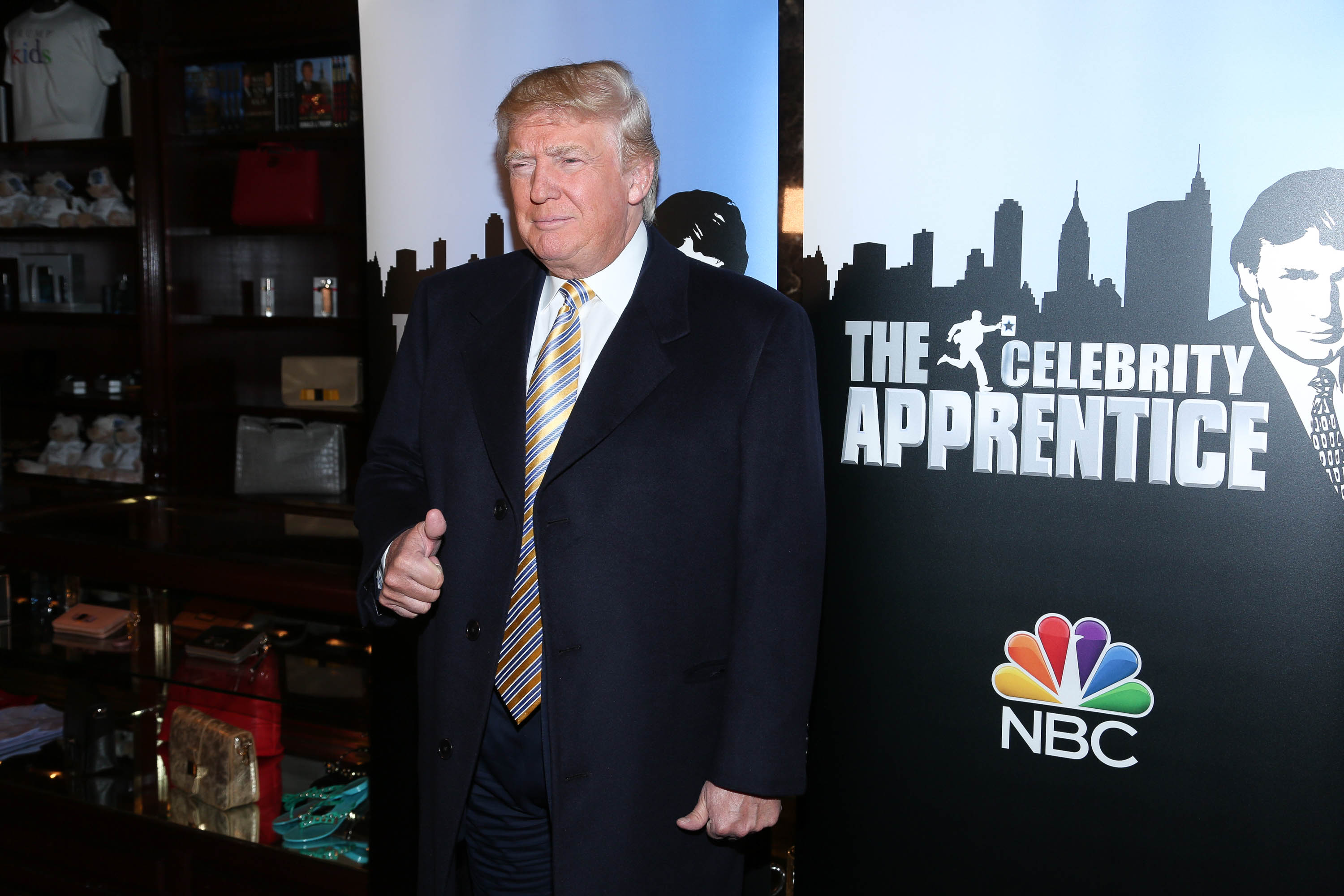These Four States Are Combating Big Tech Censorship

Censorship by Big Tech businesses is becoming an evergrowing actuality for conservatives in the usa.
Following January 6 riot at america Capitol, Twitter completely banned President Donald Trump, with Twitter CFO Ned Segal afterwards confirming he would continue being barred from the system even though he decides to perform for another term in the Whitened House.
Recently, the social media marketing giant suspended conservative commentator Steven Crowder from his account after he detailed cases of potential voter fraud. The tweet received a warning label explaining that users cannot like or retweet the post “because of threat of violence.”
Twitter’s censorship isn’t limited by individual pundits, though. Significantly less than twenty-four hours after suspending Crowder, the platform positioned a caution on the hyperlink for the forthcoming Conservative Political Action Conference (CPAC). The alert mentioned that the link is usually “potentially spammy or unsafe.”
Some argue that technologies firms have the proper to moderate their very own systems. Others argue that provided technology firms’ position as de-facto gatekeepers to the general public square, censorship is really a pressing risk to free speech beneath the Very first Amendment.
In response, several claims are starting to propose legislation that could penalize Big Tech businesses for censorship. Listed below are four illustrations.
Florida
Republicans in sunlight Condition drafted legislation that could fine technology businesses who de-platform customers.
Beneath the Florida Home of Representatives’ brand new costs , technology businesses who censor applicants for public workplace could be fined around $100,000. Customers would also be permitted to opt out of content material algorithms and bring lawful action against companies.
“What began as several upstart technology businesses from the west coastline has since changed into a business of monopoly communications systems that monitor, impact, and control the movement of information inside our nation and among our residents,” mentioned Gov. DeSantis (R-FL) at a press meeting in earlier February. “These systems have played an ever more decisive function in elections and also have negatively impacted Us citizens who dissent from orthodoxies well-liked by the huge tech cartel.”
“Was previously that customers were trusted to create their own decisions in what information to take, about which leaders to ‘follow,’ in what news to view,” added the governor. “Today those decisions are significantly created by nameless, faceless boards of censors.”
Texas
The Lone Star Condition is signing up for Florida in efforts to avoid social media marketing giants from de-platforming customers.
During an job interview with Inside Texas Politics , Texas Condition Sen. Bryan Hughes (R-TX) described that “the bill we’re on the point of document will say that when an organization discriminates against you, if the system blocks or kicks you off predicated on your viewpoint, predicated on your politics or religious beliefs predicated on viewpoint discrimination, it’ll give you a method to reunite online.”
“The bill we’d last time viewed different alternatives for bringing fit,” continuing Sen. Hughes. “What we wish to do is to provide any Texan who’s getting discriminated against, the choice to create an action. We believe will get Facebook’s interest, get Twitter’s interest, and lead them to start treating Texans pretty.”
Sen. Hughes will be functioning with Texas Gov. Greg Abbott (R-TX) on the legislation.
Arizona
Legislators in Arizona proposed comparable legislation to protect social media marketing users’ political and spiritual speech.
T he “Cease Social Media Censorship Work,” sponsored by Arizona Stat electronic Rep. Kelly Townsend (R-AZ), would levy $75,000 fines against technologies companies for every instance of de-platforming.
“This expenses was requested before the latest assault on conservatives,” described Rep. Townsend, “but its period has definitely come, however. The Silicon Valley lobby will without doubt come out completely force to eliminate it, but I really believe the public’s endurance provides expired and we have to push this over the finish range.”
The legislation furthermore bars technology businesses from taking part in “shadow ban” strategies, which involve “blocking or partially blocking a consumer or the user’s articles from an network so that it isn’t readily apparent to an individual that an individual has already been banned.”
Minnesota
Five condition senators in Minnesota proposed comparable legislation to avoid “online content material discrimination.”
The costs says that it’s an “unlawful discriminatory exercise for an proprietor, operator, or service provider of an interactive personal computer assistance to restrict, either straight, manually, or by using an algorithm, a user’s account or articles based on race, intercourse, political ideology, or spiritual beliefs.”
A citizen who prevails in a lawsuit against an “interactive computer program” that engages in unlawful citizenship would end up being eligible to receive $50,000 per incident.
The sights expressed in this item will be the author’s own , nor always represent those of The Regular Wire.
The Regular Wire is among America’s fastest-growing conservative mass media companies and counter-cultural outlets for information, opinion, and enjoyment. Get inside usage of The Daily Cable by getting a associate .
" Conservative News Daily does not always share or support the views and opinions expressed here; they are just those of the writer."





